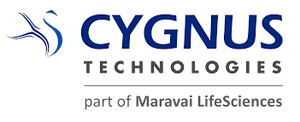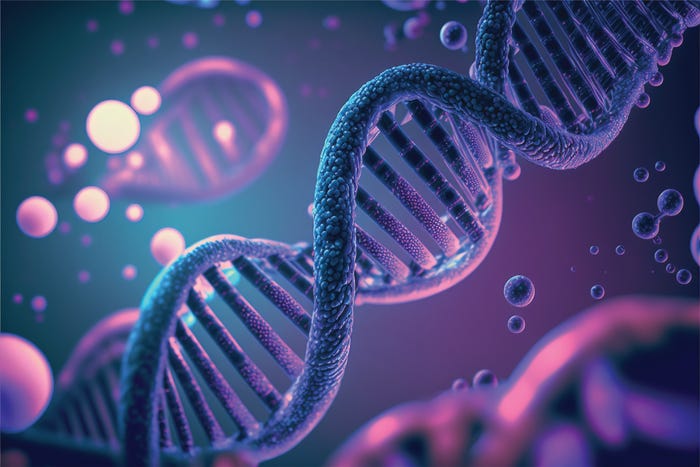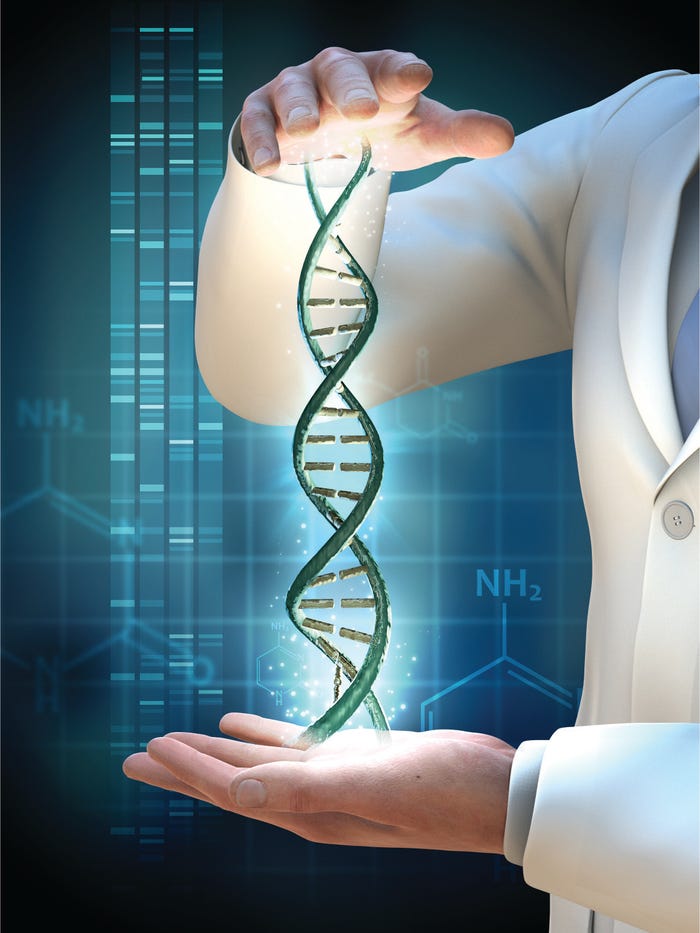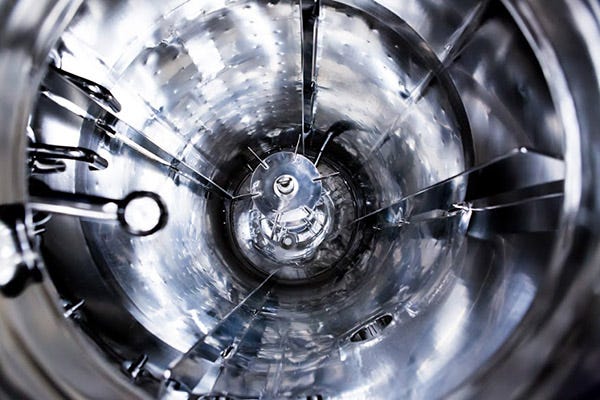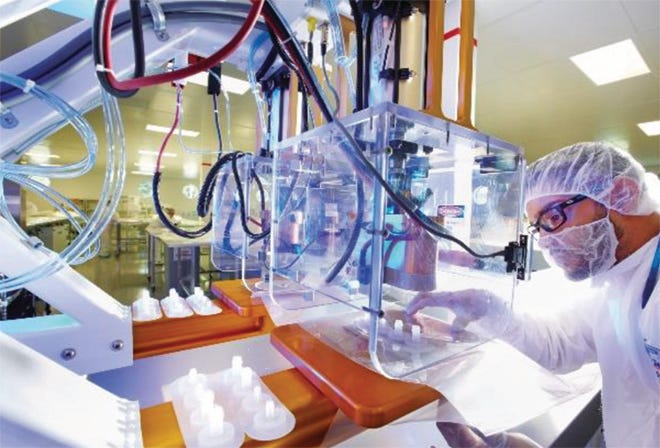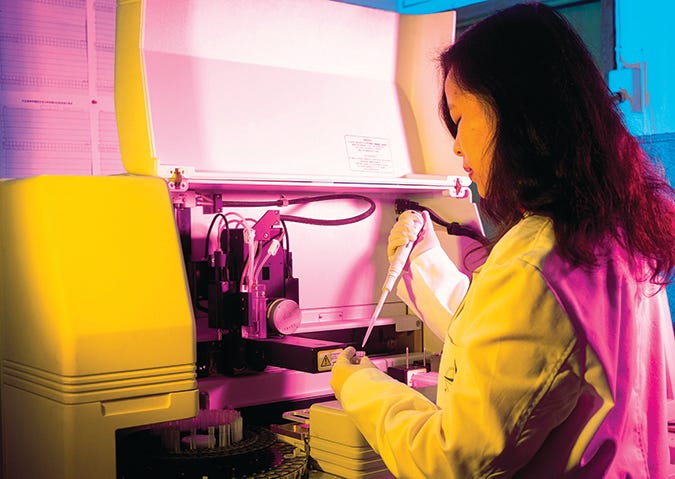DNA Synthesis
DNA Synthesis: Chemical, Enzymatic, or Both?
Although chemical synthesis enables production of modified DNA products at manufacturing scales that cannot be achieved using enzymatic technology, the latter offers benefits related to sustainability and flexibility. Enzymatic synthesis should be able to make longer sequences than can be made through using chemical methods. Biological synthesis has been used for many years to obtain micrograms to kilograms of nucleic acids (e.g., of double-stranded circular DNA plasmids). Methods based on phage systems can make linear and circular single-stranded DNA in bacterial fermentation. For applications requiring large amounts of unmodified DNA, that approach could be both efficient and cost-effective. As the chief scientific officer of genomics company Integrated DNA Technologies points out in this brief discussion, quality control is important no matter what method of production is used.



